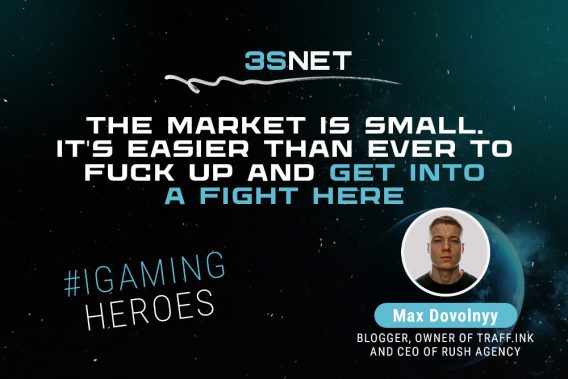
Publication date: 8 August 2022
Russia has become one of the world leaders in downloads* of VPN services. In the first three weeks of July 2022, VPN services in Russia were downloaded more than 12 million times.
At the same time, according to AppMagic (based on an analysis of the mobile application market), the Russian Federation is in second place in the global ranking, with India in first place for the number of downloads. Other countries where VPNs are important include Pakistan, Indonesia and the US.
*One download refers to the installation of a program on one device, meaning that a single user can make multiple downloads. AppMagic focuses on the Lifetime Downloads metric, which stands for the cumulative number of downloads from app shops.
For comparison, in July 2021 Russia was in 15th place (2.7 million downloads) and in January 2022 it was 2 million downloads and 16th in the ranking. Thus, in six months the popularity of vpn in Russia has increased 6-fold.
THE LAW BANNING VPNS: WHAT DO WE NEED TO KNOW?
Is VPN downloading allowed in Russia?
According to Roskomnadzor, the Russian law “On Communications” explicitly recognises all means of bypassing unlawful content blocking as a threat. In line with this, the Public Communication Network Monitoring and Management Center is taking measures to restrict VPN services that violate Russian law from operating in Russia. As a reminder, in early July, Roskomnadzor blocked popular vpn-services Browsec, Proxy Master, Melon, Winscribe, Red Cat and Proton.
However, experts point out that Russian law does not provide for any administrative or criminal liability for citizens wishing to download or use such services.
Senator Andrey Klishas was the first to react to the growing popularity of VPNs and the questions that have arisen in this regard. According to him, “there is no liability for the use of VPNs and its introduction is not discussed”.
In August 2022, Stanislav Kudzh, the rector of the RTU MIREA, made a proposal: all VPN applications offered through Russian shops must be marked “18+”. They must also be labelled “Contains information security threats”, i.e., warn of the potential threat of transferring user data to a third party.
Even earlier, State Duma deputy Maria Butina expressed her opinion. In a conversation she said it was necessary to “put in jail” parents whose children use services to bypass blocking. She was referring to the possible blocking of YouTube, an alternative to which the deputy suggested books. Butina later clarified that it was more about the responsibility of parents to raise their children, and there were no plans to create any corresponding bills.
- Google has been imposing its own restrictions on the use of VPN services since November 1, 2022. The applications that are distributed via Google Play are prohibited from manipulating traffic and collecting personal data from users without their consent.
Share it with your friends via favorite social media





























